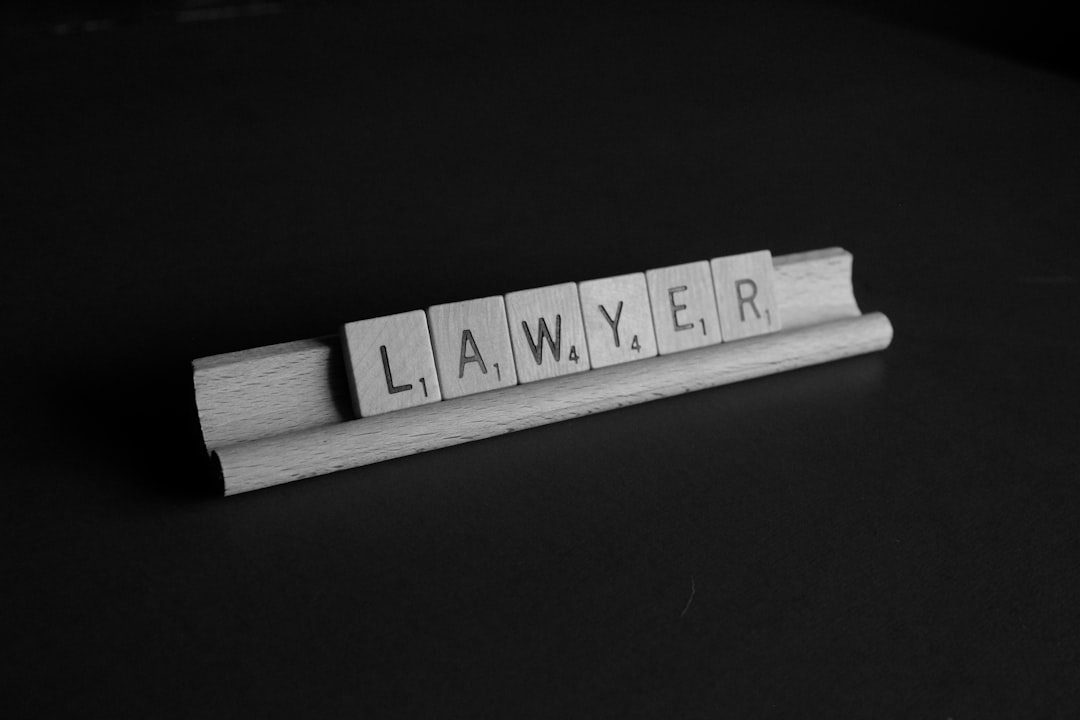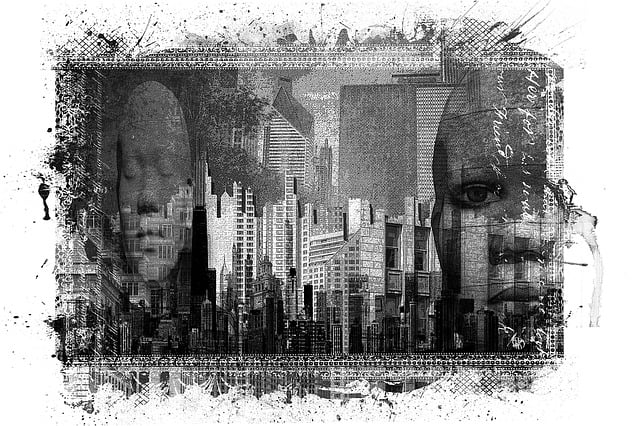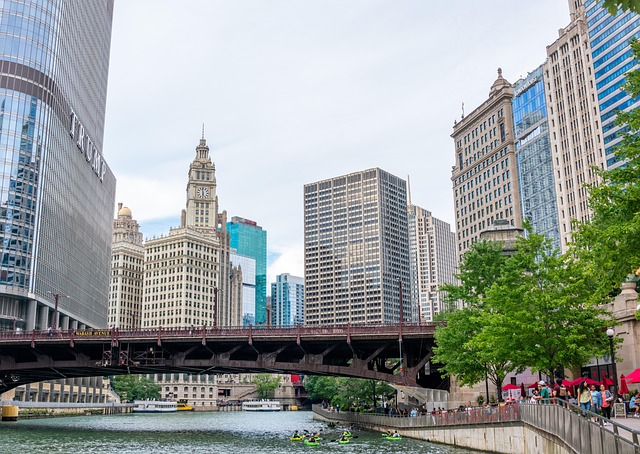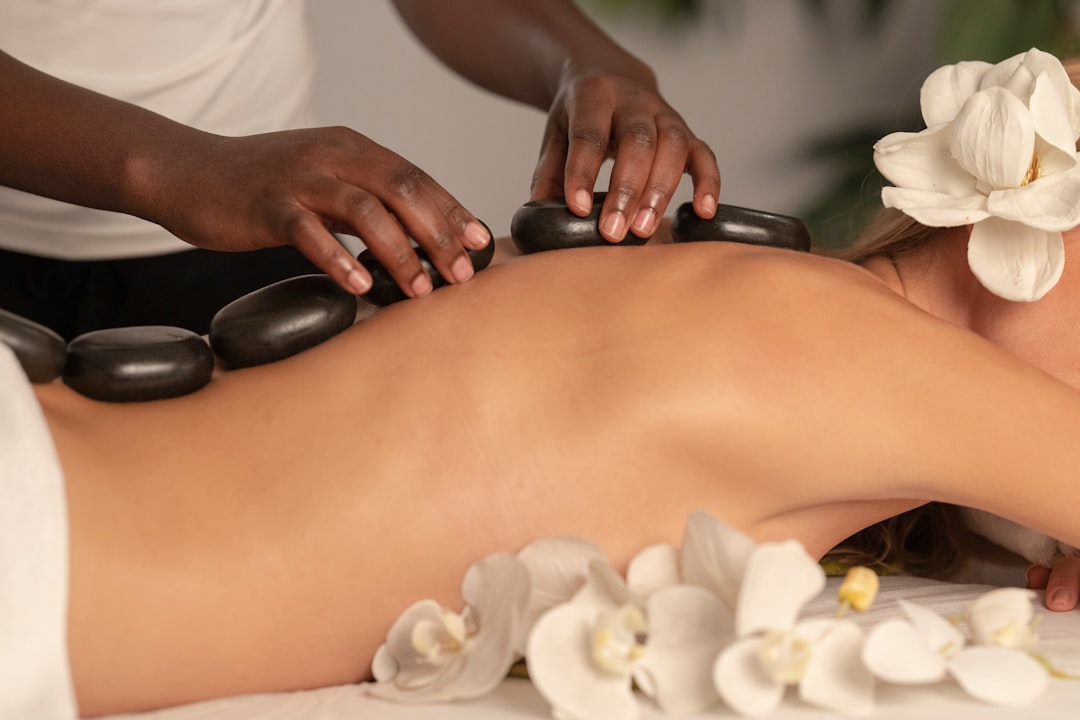The #MeToo movement has dramatically altered public discourse on sexual assault, particularly in Chicago, with significant impacts on jury selection for rape cases. This shift has challenged unconscious biases among jurors, fostering a more empathetic understanding of survivors' experiences and altering attitudes towards these trials. Chicago rape lawyers are adapting by thoroughly screening potential jurors about consent, gender biases, and #MeToo media exposure to ensure fair trials. They also challenge evidence and testimony that was previously accepted but now faces increased scrutiny due to the movement's emphasis on victim empowerment. This strategic adaptation is crucial for achieving impartial juries in sensitive cases, ensuring justice for all involved.
The #MeToo movement has significantly shifted public discourse on sexual assault, impacting jury selection in Chicago rape cases. This article delves into how widespread public awareness and evolving perceptions of victim narratives influence juror bias. We explore the adjusted jury selection process through a lens of recent Chicago cases, highlighting challenges faced by defense attorneys. Additionally, we discuss legal strategies to ensure fair trials post-#MeToo era, focusing on best practices for rape lawyers in Chicago, IL.
#MeToo Movement's Impact on Public Perception and Jury Bias
The #MeToo movement has significantly shifted public perception surrounding sexual assault cases, including those involving rape in Chicago. This social and cultural shift has directly impacted jury selection processes. Previously, potential jurors might have held unconscious biases that could influence their decisions based on stereotypes or personal preconceptions about survivors of sexual violence. However, the #MeToo movement has brought attention to the systemic issues in handling such cases, encouraging a more empathetic understanding of victims’ experiences.
As a result, Chicago rape lawyers are noticing a change in jury attitudes. Many potential jurors now approach these cases with a heightened sense of awareness and sensitivity, recognizing the importance of creating an environment where survivors feel safe and supported. This shift in public perception is crucial, as it can lead to fairer trials, ensuring that victims’ stories are heard without the shadow of pre-existing biases that might have influenced previous outcomes.
Changes in Jury Selection Process: A Chicago Rape Case Perspective
In response to the #MeToo movement, there have been notable changes in the jury selection process for rape cases in Chicago, IL. Attorneys and judges are now more attuned to ensuring a diverse and impartial jury, one that can truly represent the community and understand the complexities of sexual assault cases. This shift is particularly significant for high-stakes trials, such as rape cases, where public perception and potential bias can greatly impact the outcome.
Chicago rape lawyers play a crucial role in this evolving landscape by challenging and shaping the selection process. They actively question prospective jurors about their views on consent, gender biases, and media influence to uncover any preconceived notions that could cloud their judgment. This meticulous approach aims to seat a jury capable of rendering a fair verdict based on the evidence presented, thereby upholding justice for all parties involved.
Legal Strategies for Ensuring Fair Trials Post-#MeToo Era
In the #MeToo era, ensuring fair trials in Chicago rape cases has become a complex legal landscape for both prosecution and defense. The movement’s impact on jury selection is profound, as it continues to reshape public perceptions of sexual assault victims. Lawyers must adapt their strategies to address potential biases and ensure impartial juries. One key approach involves thorough juror screening to identify any preconceived notions or experiences that could influence their decision-making.
Rape lawyers in Chicago IL now emphasize the importance of questioning potential jurors about their understanding of consent, past beliefs regarding sexual assault cases, and exposure to media coverage related to #MeToo. This process allows for the exclusion of biased individuals who might unconsciously influence the trial’s outcome. Additionally, attorneys can challenge certain types of evidence or testimony that may have been previously accepted but now face increased scrutiny in light of the movement’s focus on victim empowerment and accountability.





